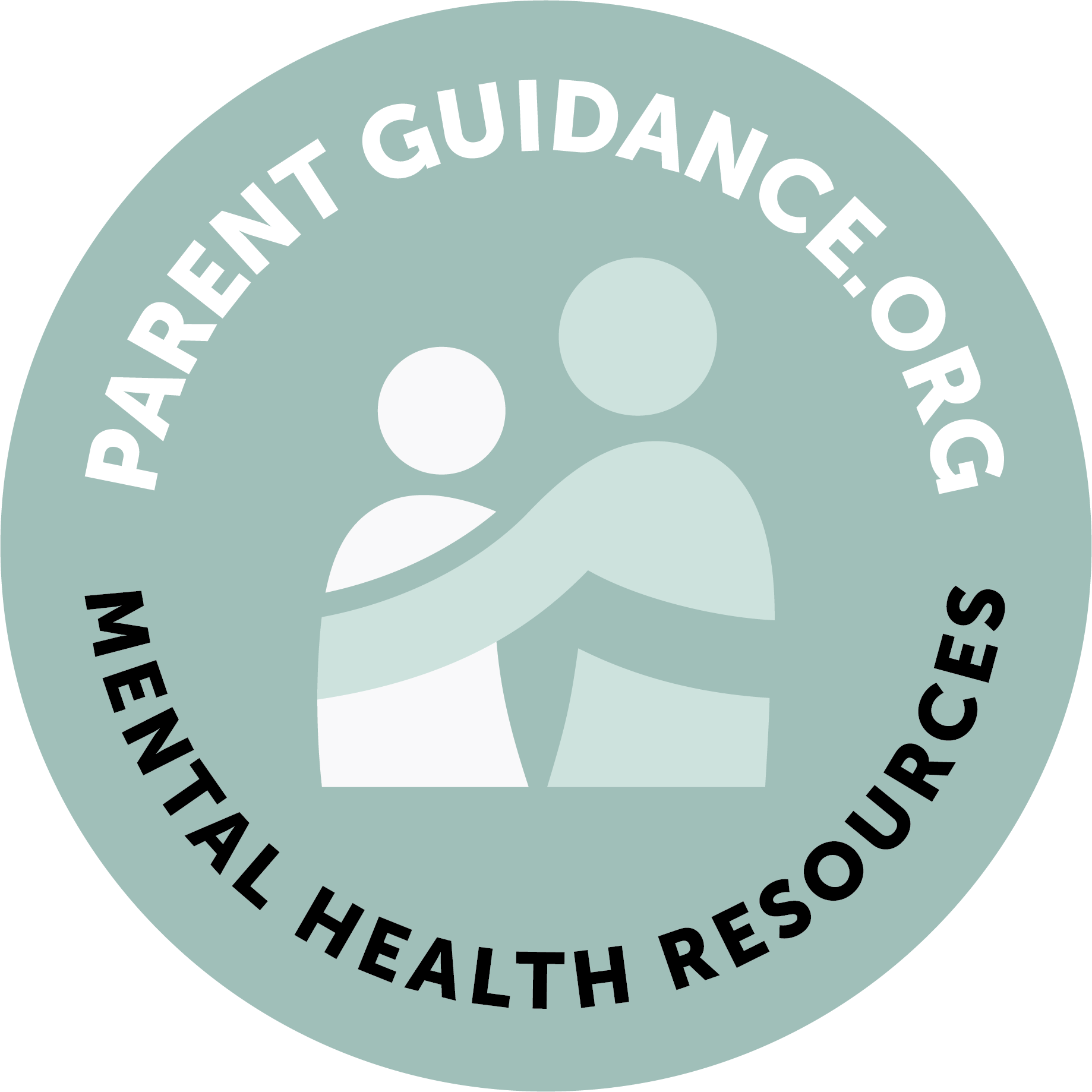Wellness Policy
Summit Academy Schools Local Wellness Policy
Summit Academy schools are committed to creating a healthy school environment that enhances the development of lifelong wellness practices to promote healthy eating and physical activities that support student achievement.
Summit Academy North LWP Triennial Assessment June 2, 2025
Nutrition Education
Every year, all students (PreK12) shall receive nutrition education that is aligned with the Michigan Health Education Content Standards and Benchmarks. Nutrition education that teaches the knowledge, skills, and values needed to adopt healthy eating behaviors shall be integrated into the curriculum. Nutrition education information shall be offered throughout the school campus including, but not limited to, school dining areas and classrooms. Staff members who provide nutrition education shall have the appropriate training.
Nutrition Standards
The district shall ensure that reimbursable school meals meet program requirements and nutrition standards found in federal regulations. The district shall encourage students to make nutritious food choices.
The district shall monitor all food and beverages sold or served to students, including those available outside the federally regulated child nutrition programs.
The district Program Director shall continually evaluate vending policies and contracts. Vending contracts that do not meet the intent and purpose of this policy shall be modified accordingly or not renewed.
Physical Education and Physical Activity Opportunities
The district shall offer physical education opportunities that include the components of a quality physical education program. Physical education shall equip students with the knowledge, skills, and values necessary for lifelong physical activity. Physical education instruction shall be aligned with the Michigan Physical Education Content Standards and Benchmarks.
Every year, all students (PreK-12) shall have the opportunity to participate regularly in supervised physical activities, either organized or unstructured, intended to maintain physical fitness and to understand the short and long term benefits of a physically active and healthy lifestyle.
Other School Based Activities Designed to Promote Student Wellness
The district may implement other appropriate programs that help create a school environment that conveys consistent wellness messages and is conducive to healthy eating and physical activity.
Implementation and Measurement
The district Program Director shall implement this policy and measure how well it is being managed and enforced. The district Program Director shall develop and implement administrative rules consistent with this policy. Input from teachers (including specialists in health and physical education), school nurses, parents/guardians, students, representatives of the school food service program, school board members, school administrators, and the public shall be considered before implementing such rules. A sustained effort is necessary to implement and enforce this policy. The district Program Director shall report to the local school board, as requested, on the district’s programs and efforts to meet the purpose and intent of this policy.
Administrative Rules Regarding Summit Academy Schools Local Wellness Policy
In order to enact and enforce Summit Academy Schools Local Wellness Policy, the Program Director and administrative team, with input from teachers (including specialists in health and physical education), parents/guardians, students, representatives of the school food service program, school board members, school administrators, and the public, will have developed these administrative rules.
To assist in the creation of a healthy school environment, the District shall establish a Coordinated School Health Team that will provide an ongoing review and evaluation of The Summit Academy Schools Local Wellness Policy and these administrative rules.
The Program Director shall appoint a member of the administrative staff of the District to organize the Coordinated School Health Team and invite appropriate District stakeholders to become members of the Coordinated School Health Team. A Coordinated School Health Team may include representatives from the following areas:
- Administration
- Counseling/psychological/and social services
- Food services
- Health education
- Health services
- Parent/guardian, student and community (including health care providers, hospital and public health department staff, nonprofit health organizations, physical activity groups, community youth organizations, and university or other governmental agencies)
Physical education staff shall be reminded that healthy students come in all shapes and sizes. Students should receive consistent messages and support for:
- Self respect
- Respect for others
- Healthy eating
- Physical activity
Students, staff and community will be informed about the Local Wellness Policy annually
Nutrition Education
Nutrition education, a component of comprehensive health education, shall be offered every year to all students of the District. The District may offer age appropriate nutrition education classes. In addition, nutrition education topics shall be integrated into the entire curriculum when appropriate.
The District shall implement a quality nutrition education program that aligns with the Michigan Health Education Content Standards and Benchmarks. The program should help students acquire the knowledge and skills needed to engage in sound nutrition behavior.
Instruction and Assessment:
- Aligns curriculum, instruction, and assessment
- Builds students’ confidence and competence in making healthy nutrition choices
- Engages students in learning that prepares them to choose a healthy diet
- Includes students of all abilities. Is taught by “highly qualified teachers of health education”
Opportunity to Learn:
- Includes students of all abilities
- Provides adequate instructional time to build students’ confidence and competence in health enhancing skills
Nutrition education should also be made available to parents/guardians and the community. This nutrition education may be provided in the form of handouts, wall or bulletin board posters or banners, postings on the District website, community and student oriented presentations or other communications focused on promoting proper nutrition and healthy lifestyles.
Nutrition Standards
The District shall offer school meal programs with menus meeting the meal patterns and nutrition standards established by the United States Department of Agriculture (USDA). The District shall encourage students to make food choices based on the most current Dietary Guidelines for Americans. Food and beverages that compete with the District’s policy of promoting a healthy school environment shall be discouraged.
Each school building in the District shall offer and promote the following food and beverages in all venues outside federally regulated child nutrition programs:
- Whole and enriched grain products that are high in fiber, low in added fats and sugars, and served in appropriate portion sizes consistent with the current USDA standards
- Fresh, frozen, canned or dried fruits and vegetables using healthy food preparation techniques, and 100 percent fruit or vegetable juice in 12ounce servings or less
- Nonfat, lowfat, plain and/or flavored milk and yogurt, nonfat and/or low fat real cheese, rather than imitation cheese. Offer the following serving sizes: yogurt in 8 ounce servings or less
- Milk in 16 ounce servings or less, cheese in 1.5ounce (two ounce, if processed cheese) servings or less
- Nuts, nut butters, seeds, trail mix, and/or soybean snacks in one ounce portions or less; portions of three ounces or less of cooked lean meat, poultry, or fish using healthy food preparation techniques
- Accompaniments (sauces, dressings, and dips), if offered, in one ounce servings or less
The District shall monitor food service distributors and snack vendors to ensure that they provide predominantly healthy food and beverage choices that comply with this policy’s purpose in all venues.
The District shall discourage using food as a reward.
The District shall encourage serving healthy food at school parties. Notices shall be sent to parents/guardians either separately or as part of a school newsletter, reminding them of the necessity of providing healthy treats for students and/or encouraging the use of nonfood treats for classroom birthday or award celebrations.
The District shall encourage healthy fundraisers as alternatives to fundraising that involve selling food items of limited nutritional value, such as candy, cupcakes, or sugary beverages. Example: Sales of candy items (candy bars, sugar coated chocolate snacks, or the like) as a school or grade level fundraising project should be replaced with nonfood items such as candles, wrapping paper, greeting cards, etc.
(Vending sales of soft drinks, artificially sweetened drinks, and candy will not be permitted on school grounds prior to the start of the school day or throughout the instructional day, but may be permitted at special events that begin after the conclusion of the instructional day. For the federal law memorandum stating, “it is not permissible for a school to serve foods of minimal nutritional value during a meal service period…” please click here.


